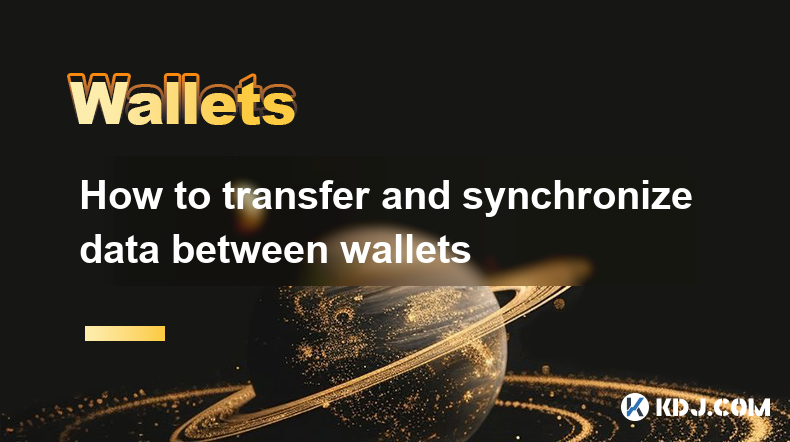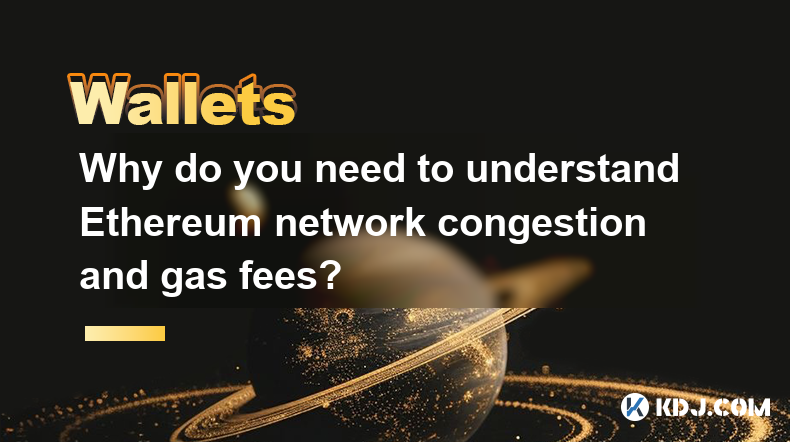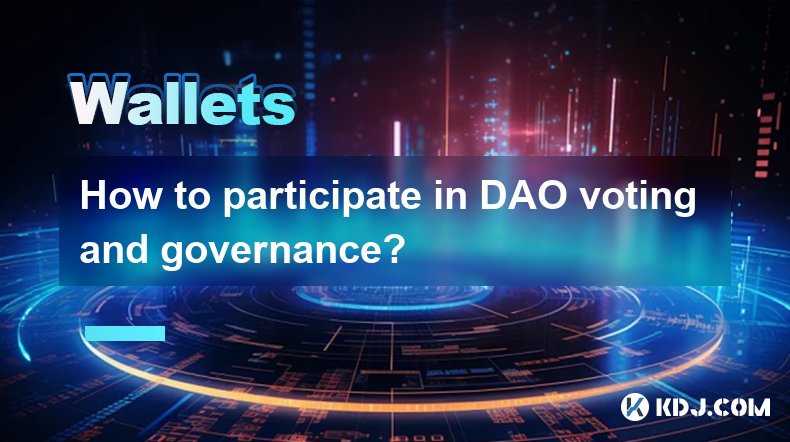-
 Bitcoin
Bitcoin $96,586.4385
-0.39% -
 Ethereum
Ethereum $2,785.6635
4.13% -
 XRP
XRP $2.5991
1.04% -
 Tether USDt
Tether USDt $0.9999
-0.03% -
 BNB
BNB $661.5182
2.46% -
 Solana
Solana $173.2834
1.13% -
 USDC
USDC $1.0000
0.03% -
 Dogecoin
Dogecoin $0.2468
0.27% -
 Cardano
Cardano $0.7793
0.80% -
 TRON
TRON $0.2356
-1.45% -
 Chainlink
Chainlink $17.9083
0.96% -
 Avalanche
Avalanche $26.0287
5.58% -
 Sui
Sui $3.4031
0.99% -
 Stellar
Stellar $0.3363
2.07% -
 Litecoin
Litecoin $128.1663
-1.48% -
 Shiba Inu
Shiba Inu $0.0...01561
1.89% -
 Toncoin
Toncoin $3.6914
1.02% -
 Hedera
Hedera $0.2191
3.11% -
 UNUS SED LEO
UNUS SED LEO $9.7035
0.29% -
 Hyperliquid
Hyperliquid $24.4350
-1.25% -
 Polkadot
Polkadot $5.1194
-0.93% -
 MANTRA
MANTRA $7.6293
1.66% -
 Bitcoin Cash
Bitcoin Cash $321.2375
0.18% -
 Bitget Token
Bitget Token $4.9458
4.38% -
 Ethena USDe
Ethena USDe $0.9996
0.16% -
 Uniswap
Uniswap $9.0277
0.85% -
 Dai
Dai $1.0000
0.03% -
 Monero
Monero $235.4942
3.03% -
 NEAR Protocol
NEAR Protocol $3.5534
4.60% -
 Pepe
Pepe $0.0...09663
3.03%
Does the wallet have backup and recovery functions?
Regular backup and recovery measures are vital for cryptocurrency wallets, protecting against private key loss and ensuring the safety of your digital assets.
Feb 22, 2025 at 02:07 am

Key Points
- Importance of Backup and Recovery Functions in Cryptocurrency Wallets
- Types of Backup and Recovery Options
- Step-by-Step Guide to Setting Up Backup and Recovery
- Best Practices for Managing Backup and Recovery
*FAQs
Comprehensive Guide to Backup and Recovery Functions in Cryptocurrency Wallets
Introduction
In the realm of cryptocurrency, safeguarding your digital assets is paramount. One crucial step in ensuring the security of your cryptocurrencies is utilizing a reliable wallet with robust backup and recovery functions. This guide will provide a comprehensive overview of why these features are essential, explain the types of backup and recovery options available, and offer a detailed guide to setting them up.
Importance of Backup and Recovery Functions for Cryptocurrency Wallets
Cryptocurrency wallets store private keys which grant access to your funds. If these keys are lost or compromised, retrieving your cryptocurrencies may become impossible. Backup and recovery functions allow you to make copies of your private keys and store them in secure locations, ensuring that you can restore your wallet if necessary.
Types of Backup and Recovery Options
Various methods exist for backing up and recovering cryptocurrency wallets:
1. Seed Phrases
Seed phrases consist of a list of 12-24 words that can be used to recover your wallet. They offer a convenient and secure method of backup, as you can easily memorize or store them physically. However, it's crucial to keep these phrases confidential, as anyone who gains access to them can steal your funds.
2. Private Keys
Private keys are strings of characters used to access your wallet. Backing up your private keys gives you full control over your funds. However, they are more complex and difficult to manage compared to seed phrases, and losing them can result in permanent loss of access to your cryptocurrency.
Step-by-Step Guide to Setting Up Backup and Recovery
1. Create a Strong Password:
Establish a strong and unique password for your cryptocurrency wallet. Avoid using common words or phrases that can be easily guessed.
2. Enable Two-Factor Authentication (2FA):
Most reputable cryptocurrency wallets offer 2FA, an additional layer of security that requires you to provide an authentication code from a mobile device when logging in.
3. Back Up Your Wallet:
- Seed Phrase:
- Navigate to the wallet settings.
- Locate the option to backup your wallet using a seed phrase.
- Carefully record or memorize the 12-24 words in the correct order.
- Private Keys:
- Access your wallet's advanced settings.
- Find the option to export your private key.
- Copy and store the private key in a secure location.
4. Store Your Backup Securely:
- Physical Storage:
- Write down the backup phrase or private key on a piece of paper or store it in a hardware device like a USB drive.
- Keep these backups in multiple secure locations.
- Online Storage:
- Consider using a password manager or encrypted cloud storage service to store your backup.
- Ensure that the platform you choose employs robust security measures.
5. Test Your Backup:
Regularly test your backup by restoring your wallet using the backup method you have chosen. This will ensure that your backups are working correctly and allow you to identify any issues early on.
Best Practices for Managing Backup and Recovery
- Store backups in multiple secure locations.
- Keep your backup phrases and private keys strictly confidential.
- Update your backup regularly, especially after making changes to your wallet.
- Avoid storing backups on unencrypted devices or sharing them with others.
- Be cautious of phishing scams that may ask you to share your backup details.
FAQs
1. What is the difference between a hardware wallet and a software wallet?
Hardware wallets store private keys on a physical device, offering enhanced security. Software wallets store private keys on your computer or mobile device, providing greater convenience but also potentially greater vulnerability to cyberattacks.
2. Can I recover my cryptocurrency without a backup?
Without a backup, recovering your cryptocurrency becomes extremely challenging, if not impossible. This highlights the paramount importance of setting up robust backup and recovery measures.
3. What happens if I lose my private keys?
Losing your private keys can result in permanent loss of access to your cryptocurrency. Therefore, it is essential to have secure backups in place in case your private keys become compromised or inaccessible.
4. Are seed phrases more secure than private keys?
Both seed phrases and private keys offer effective ways to recover your wallet in the event of loss or theft. Seed phrases are often preferred due to their user-friendly nature and ease of memorization, while private keys require more technical expertise to manage.
Disclaimer:info@kdj.com
The information provided is not trading advice. kdj.com does not assume any responsibility for any investments made based on the information provided in this article. Cryptocurrencies are highly volatile and it is highly recommended that you invest with caution after thorough research!
If you believe that the content used on this website infringes your copyright, please contact us immediately (info@kdj.com) and we will delete it promptly.
- DTX Exchange at $0.18: The Breakout Altcoin Whales Are Betting On
- 2025-02-23 01:05:25
- DOGE and PEPE Are Still Facing Challenges, Struggling to Regain Their Momentum after the Recent Bearish Market Trend
- 2025-02-23 00:45:25
- Pepe Coin (PEPE) Price Prediction 2023-2025: Can the Meme Coin Reclaim Its Former Highs?
- 2025-02-23 00:45:25
- Mutuum Finance: Poised to Revolutionize Crypto and DeFi Markets
- 2025-02-23 00:45:25
- #Pepeto Gains Traction in the Cryptocurrency Market with Its Presale Phase, Offering Tokens at an Attractive Price
- 2025-02-23 00:45:25
- Mooshot Crosses the $1 Million Mark, Signaling Strong Market Interest in AI-Powered Gaming
- 2025-02-23 00:35:25
Related knowledge

What are cold storage and hot storage? Which one is safer?
Feb 22,2025 at 03:18pm
Key Points:Cold storage and hot storage are two methods of storing cryptocurrencies.Cold storage involves storing cryptocurrencies offline, while hot storage involves storing them online.Cold storage is generally considered safer than hot storage, as it is not connected to the internet and is therefore less susceptible to hacking.Cold StorageCold storag...

How to synchronize wallets in multiple devices and browsers
Feb 22,2025 at 09:18am
Key Points:Understand the different types of cryptocurrency wallets and their synchronization capabilities.Learn how to synchronize hardware wallets with multiple devices.Discover the steps involved in synchronizing software wallets across platforms.Explore the options for synchronizing mobile wallets on different devices.Gain insight into browser exten...

How to deal with theft of wallets or the leak of mnemonic words?
Feb 23,2025 at 12:36am
Key PointsUnderstanding the Different Types of Wallet TheftSteps to Take If Your Wallet Is Stolen or Mnemonic Words LeakedPreventive Measures to Protect Your Crypto AssetsFrequently Asked QuestionsHow to deal with theft of wallets or the leak of mnemonic words?Understanding the Different Types of Wallet TheftHot Wallet Theft:Hot wallets are connected to...

How to transfer and synchronize data between wallets
Feb 21,2025 at 12:25pm
Key Points:Understanding different wallet types and their capabilitiesIdentifying similarities and differences between walletsExploring options for transferring and synchronizing dataEnsuring data security and integrity during transferAddressing common challenges and troubleshooting tipsHow to Transfer and Synchronize Data Between Cryptocurrency Wallets...

Why do you need to understand Ethereum network congestion and gas fees?
Feb 21,2025 at 04:48am
Key PointsUnderstanding Ethereum Network Congestion and Gas FeesGas Fees ExplainedFactors Affecting Network CongestionStrategies for Minimizing Gas FeesImpact of Ethereum UpgradesUnderstanding Ethereum Network Congestion and Gas FeesThe Ethereum network is a decentralized platform that hosts a vast ecosystem of decentralized applications (dApps), non-fu...

How to participate in DAO voting and governance?
Feb 21,2025 at 03:42pm
Key Points:Overview of DAO Voting and GovernanceUnderstanding DAO Structures and MembershipRole of DAO Tokens and Voting RightsParticipating in Voting and Proposal SubmissionLeveraging Governance Tools and PlatformsImpact of Voting Participation on DAO OutcomesBest Practices for Effective DAO GovernanceHow to Participate in DAO Voting and Governance1. U...

What are cold storage and hot storage? Which one is safer?
Feb 22,2025 at 03:18pm
Key Points:Cold storage and hot storage are two methods of storing cryptocurrencies.Cold storage involves storing cryptocurrencies offline, while hot storage involves storing them online.Cold storage is generally considered safer than hot storage, as it is not connected to the internet and is therefore less susceptible to hacking.Cold StorageCold storag...

How to synchronize wallets in multiple devices and browsers
Feb 22,2025 at 09:18am
Key Points:Understand the different types of cryptocurrency wallets and their synchronization capabilities.Learn how to synchronize hardware wallets with multiple devices.Discover the steps involved in synchronizing software wallets across platforms.Explore the options for synchronizing mobile wallets on different devices.Gain insight into browser exten...

How to deal with theft of wallets or the leak of mnemonic words?
Feb 23,2025 at 12:36am
Key PointsUnderstanding the Different Types of Wallet TheftSteps to Take If Your Wallet Is Stolen or Mnemonic Words LeakedPreventive Measures to Protect Your Crypto AssetsFrequently Asked QuestionsHow to deal with theft of wallets or the leak of mnemonic words?Understanding the Different Types of Wallet TheftHot Wallet Theft:Hot wallets are connected to...

How to transfer and synchronize data between wallets
Feb 21,2025 at 12:25pm
Key Points:Understanding different wallet types and their capabilitiesIdentifying similarities and differences between walletsExploring options for transferring and synchronizing dataEnsuring data security and integrity during transferAddressing common challenges and troubleshooting tipsHow to Transfer and Synchronize Data Between Cryptocurrency Wallets...

Why do you need to understand Ethereum network congestion and gas fees?
Feb 21,2025 at 04:48am
Key PointsUnderstanding Ethereum Network Congestion and Gas FeesGas Fees ExplainedFactors Affecting Network CongestionStrategies for Minimizing Gas FeesImpact of Ethereum UpgradesUnderstanding Ethereum Network Congestion and Gas FeesThe Ethereum network is a decentralized platform that hosts a vast ecosystem of decentralized applications (dApps), non-fu...

How to participate in DAO voting and governance?
Feb 21,2025 at 03:42pm
Key Points:Overview of DAO Voting and GovernanceUnderstanding DAO Structures and MembershipRole of DAO Tokens and Voting RightsParticipating in Voting and Proposal SubmissionLeveraging Governance Tools and PlatformsImpact of Voting Participation on DAO OutcomesBest Practices for Effective DAO GovernanceHow to Participate in DAO Voting and Governance1. U...
See all articles

















![BONK The Meme Coin MORE THAN ORDINARY [DOG] on Solana BONK The Meme Coin MORE THAN ORDINARY [DOG] on Solana](/uploads/2025/02/22/cryptocurrencies-news/videos/bonk-meme-coin-ordinary-dog-solana/image-1.jpg)


































































